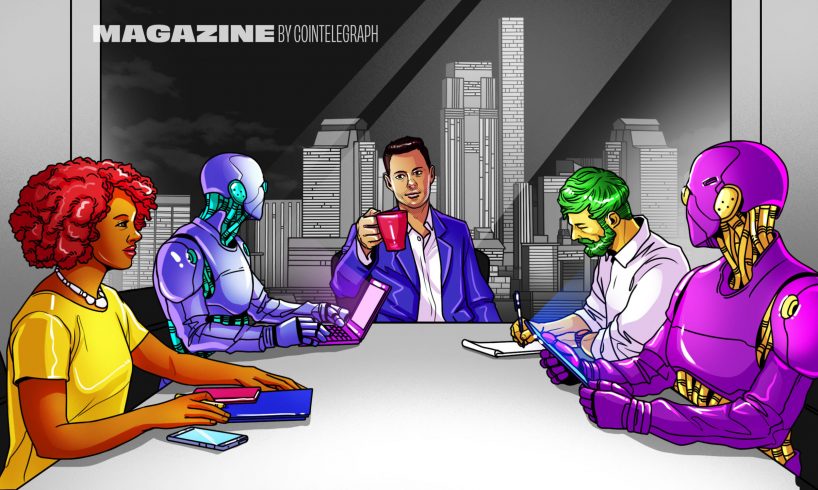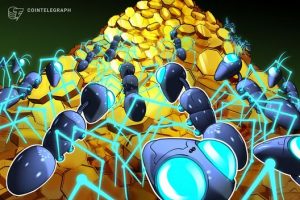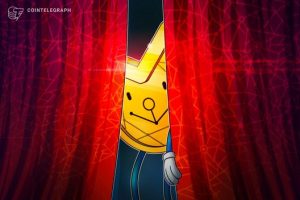
The launch of generative AI products over the past nine months has the world talking about how it will change the future. Many are frightened. Others are excited about the opportunity.
A report last month from Next Move Strategy Consulting predicts the AI industry will grow 20x in the next seven years, creating a $2 trillion business, up from its current value of $100 billion. It might sound like wild hype, but other analysts from McKinsey, Morgan Stanley and BlackRock all map out a similar trajectory. AI is here to stay, and a lot of human lives will be upended. But it’s also the chance of a lifetime.
Frederik Pedersen, the co-founder of Danish AI company EasyTranslate and son of one of Denmark’s most famous men, is approaching the future head-on.
“I have been saying for a long time that translation is dead and AI has killed the industry as we know it, but that hasn’t gone down particularly well with my competitors. Now, however, those same people are listening and are realising that they may be too late if they want to transform their business.”
Son of Danish politician Klaus Riskær Pedersen
It’s not easy to be the child of a powerful person, as has been recently and brilliantly illustrated by the TV series Succession. If there’s a Logan Roy in the family, it’s difficult for the child to be their own person.
Some crash and burn; some, such as singers Justin Bieber and Miley Cyrus, try to shock their parents by being outlandish and independent. It’s rarely a good look.
Others, however, do it in smarter ways and emerge from that parental shadow by adopting different mechanisms to build their own reputation.
In the case of Pederson, now 35, it was technology that enabled him to do so. First, with translation software, and now, generative AI has overtaken it.
Pederson knows how to pivot. (Supplied)
His dad, Klaus Riskær Pedersen, is a controversial Danish political party leader, entrepreneur, businessman and author. Everybody in Denmark knows his…
..






